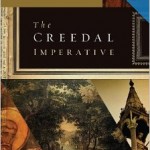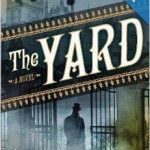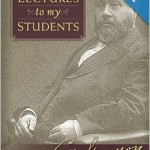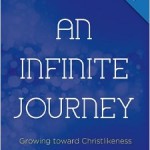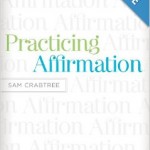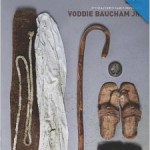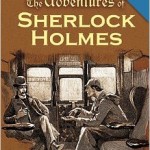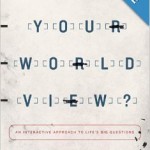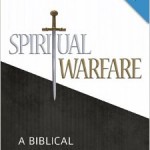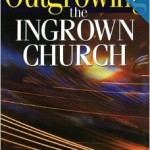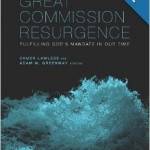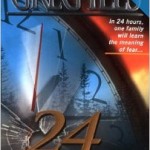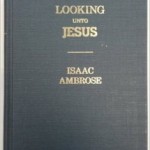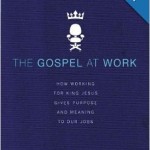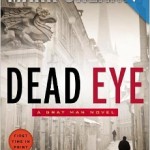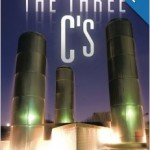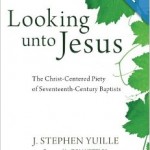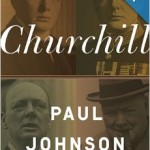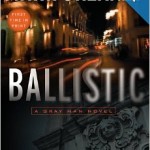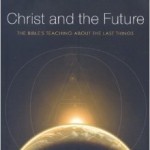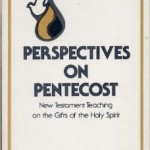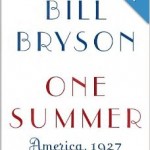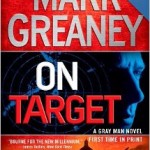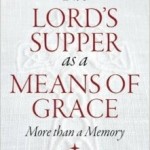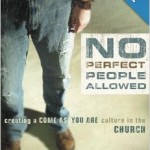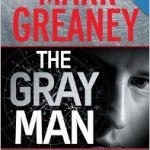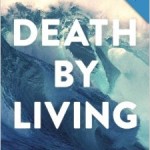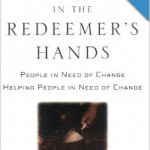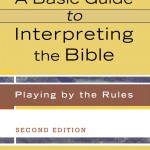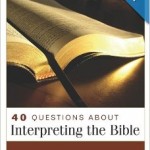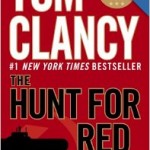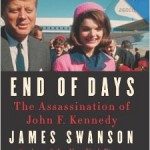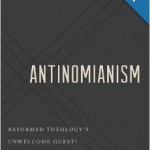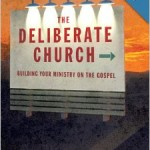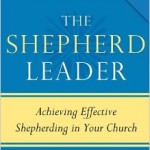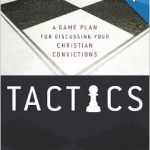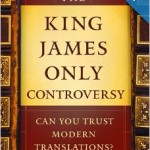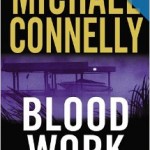I love to read. By God’s grace I am a pretty fast reader; I usually read a couple books each week. I find it helpful to summarize my thoughts on each book and I offer those thoughts in the hope that you will be encouraged to either read or pass over the given title.
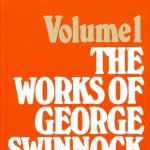 The Works of George Swinnock Vol: 1. I first came across Swinnock when I purchased Trading and Thriving in Godliness: The Piety of George Swinnock in Reformation Heritage’s “Profiles in Reformed Spirituality Series.” I loved his work enough to use Christmas money that year to purchase his five-volume collected works published by Banner of Truth. The first two and half volumes are occupied with The Christian Man’s Calling, an exhaustive application of 1 Timothy 4:7-8. Swinnock is clear, if somewhat monotonous, and Spurgeon was spot on when he said, “George Swinnock had the gift of illustration largely developed, as his works prove…they served his purpose, and made his teaching attractive…there remains “a rare amount of sanctified wit and wisdom.'”
The Works of George Swinnock Vol: 1. I first came across Swinnock when I purchased Trading and Thriving in Godliness: The Piety of George Swinnock in Reformation Heritage’s “Profiles in Reformed Spirituality Series.” I loved his work enough to use Christmas money that year to purchase his five-volume collected works published by Banner of Truth. The first two and half volumes are occupied with The Christian Man’s Calling, an exhaustive application of 1 Timothy 4:7-8. Swinnock is clear, if somewhat monotonous, and Spurgeon was spot on when he said, “George Swinnock had the gift of illustration largely developed, as his works prove…they served his purpose, and made his teaching attractive…there remains “a rare amount of sanctified wit and wisdom.'”
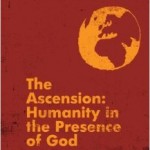 The Ascension: Humanity in the Presence of God by Tim Chester & Jonny Woodrow. There seems to be, in spite of the gospel-centered resurgence, a gap in publications on the ascension of Christ. Enter this splendid little work by Chester and Woodrow, of Porterbrook Network fame. The book consists of three chapters on Christ as: 1) Ascended Priest, 2) Ascended King, and 3) Ascended Man. With careful attention to biblical and systematic theology the authors eloquently display the undervalued significance of the truth that Christ has ascended on high. This is a vital read.
The Ascension: Humanity in the Presence of God by Tim Chester & Jonny Woodrow. There seems to be, in spite of the gospel-centered resurgence, a gap in publications on the ascension of Christ. Enter this splendid little work by Chester and Woodrow, of Porterbrook Network fame. The book consists of three chapters on Christ as: 1) Ascended Priest, 2) Ascended King, and 3) Ascended Man. With careful attention to biblical and systematic theology the authors eloquently display the undervalued significance of the truth that Christ has ascended on high. This is a vital read.
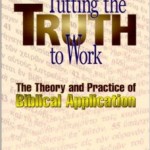 Putting Truth to Work by Dan Doriani. DA Carson rightly says of this book, “There is not much written that deals thoughtfully and creatively with the theory and practice of applying Scripture” in preaching. Doriani’s book is an exhaustive treatment (coming in at over 300 pages) of the what, why, and how of application. He argues that there are four aspects to sound application: duty (what the text calls us to do), character (who the text calls us to be), goal (what goals the text calls us to pursue), and discernment (how the text tells us to distinguish between character and error). The four aspects can be put through a seven avenues for application, thus Doriani argues – compellingly so – that you could legitimately have 28 different applications to a given pericope. While I do wish the book was shorter, it is a sound and sensitive treatment of a timeless issue. Well done!
Putting Truth to Work by Dan Doriani. DA Carson rightly says of this book, “There is not much written that deals thoughtfully and creatively with the theory and practice of applying Scripture” in preaching. Doriani’s book is an exhaustive treatment (coming in at over 300 pages) of the what, why, and how of application. He argues that there are four aspects to sound application: duty (what the text calls us to do), character (who the text calls us to be), goal (what goals the text calls us to pursue), and discernment (how the text tells us to distinguish between character and error). The four aspects can be put through a seven avenues for application, thus Doriani argues – compellingly so – that you could legitimately have 28 different applications to a given pericope. While I do wish the book was shorter, it is a sound and sensitive treatment of a timeless issue. Well done!
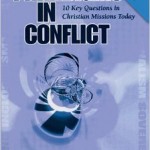 Paradigms in Conflict by David Hesselgrave. Paradigms in Conflict addresses ten pressing issues in missiology today. The pressing issues are better understood to be the common dichotomies that divide missionaries and missionary organizations. Things like “Free Will vs. Divine Sovereignty”, “Power Encounters vs. Truth Encounter”, and “Exclusivism vs. Inclusivism.” I don’t agree with all of Hesselgrave’s conclusions, but I think the book proves to be a valuable resource for discipling people entering the mission field. The author is extremely well-verse on the literature and, for the most part, fairly represents the various views treated in the book. I also appreciated his tone of humility in tackling such thorny issues.
Paradigms in Conflict by David Hesselgrave. Paradigms in Conflict addresses ten pressing issues in missiology today. The pressing issues are better understood to be the common dichotomies that divide missionaries and missionary organizations. Things like “Free Will vs. Divine Sovereignty”, “Power Encounters vs. Truth Encounter”, and “Exclusivism vs. Inclusivism.” I don’t agree with all of Hesselgrave’s conclusions, but I think the book proves to be a valuable resource for discipling people entering the mission field. The author is extremely well-verse on the literature and, for the most part, fairly represents the various views treated in the book. I also appreciated his tone of humility in tackling such thorny issues.
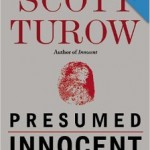 Presumed Innocent by Scott Turow. Someone told me once that Turow’s book created the “courtroom thriller” genre in publishing. Now that I’ve finally gotten around to reading it I can see why. Presumed Innocent employs many devices in structure and style that have made millionaires out of men like John Grisham and Richard North Patterson. The book is narrated in first-person, making the tone intensely personal and compellingly introspective. A thriller wouldn’t be a thriller without a surprise ending, and although my suspicion was proved true at the end, the twist was nevertheless enjoyable.
Presumed Innocent by Scott Turow. Someone told me once that Turow’s book created the “courtroom thriller” genre in publishing. Now that I’ve finally gotten around to reading it I can see why. Presumed Innocent employs many devices in structure and style that have made millionaires out of men like John Grisham and Richard North Patterson. The book is narrated in first-person, making the tone intensely personal and compellingly introspective. A thriller wouldn’t be a thriller without a surprise ending, and although my suspicion was proved true at the end, the twist was nevertheless enjoyable.
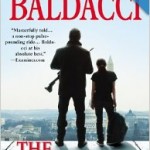 The Innocent by David Baldacci. For years I’ve had people tell me I should read David Baldacci. The Innocent was my first dive in the Baldacci catalog and I was satisfied with the outcome. This book is the first in a series that follows Will Robie, a “stone cold hitman” with – go figure – a conscience. Whether or not such a thing is really possible is a debate for another day. The plot line is engrossing, the characters are enjoyable textured, and the outcome is unexpected. Not surprising enough to shock with me with who actually was the villain, but how the villain went about its evil scheme. A quick, fun read.
The Innocent by David Baldacci. For years I’ve had people tell me I should read David Baldacci. The Innocent was my first dive in the Baldacci catalog and I was satisfied with the outcome. This book is the first in a series that follows Will Robie, a “stone cold hitman” with – go figure – a conscience. Whether or not such a thing is really possible is a debate for another day. The plot line is engrossing, the characters are enjoyable textured, and the outcome is unexpected. Not surprising enough to shock with me with who actually was the villain, but how the villain went about its evil scheme. A quick, fun read.
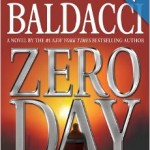 Zero Day by David Baldacci. The Innocent was good enough for me to pick up another Baldacci book and Zero Day is first entry in a separate Baldacie series. This one recounts the exploits of John Puller, “the best military investigator in the U.S. Army’s Criminal Investigation Division.” Now this Puller character I like! He really has a conscience (at least in this first book) and cannot be stopped or hindered in his pursuit of truth. Zero Day finds Puller stumbling across a vicious tragedy that opens up the possibility of a grave assault on our nation’s defense. While the plot stretches the realms of realism, it was the first in a long time that actually surprised me. I look forward to the other books already published in this series.
Zero Day by David Baldacci. The Innocent was good enough for me to pick up another Baldacci book and Zero Day is first entry in a separate Baldacie series. This one recounts the exploits of John Puller, “the best military investigator in the U.S. Army’s Criminal Investigation Division.” Now this Puller character I like! He really has a conscience (at least in this first book) and cannot be stopped or hindered in his pursuit of truth. Zero Day finds Puller stumbling across a vicious tragedy that opens up the possibility of a grave assault on our nation’s defense. While the plot stretches the realms of realism, it was the first in a long time that actually surprised me. I look forward to the other books already published in this series.

